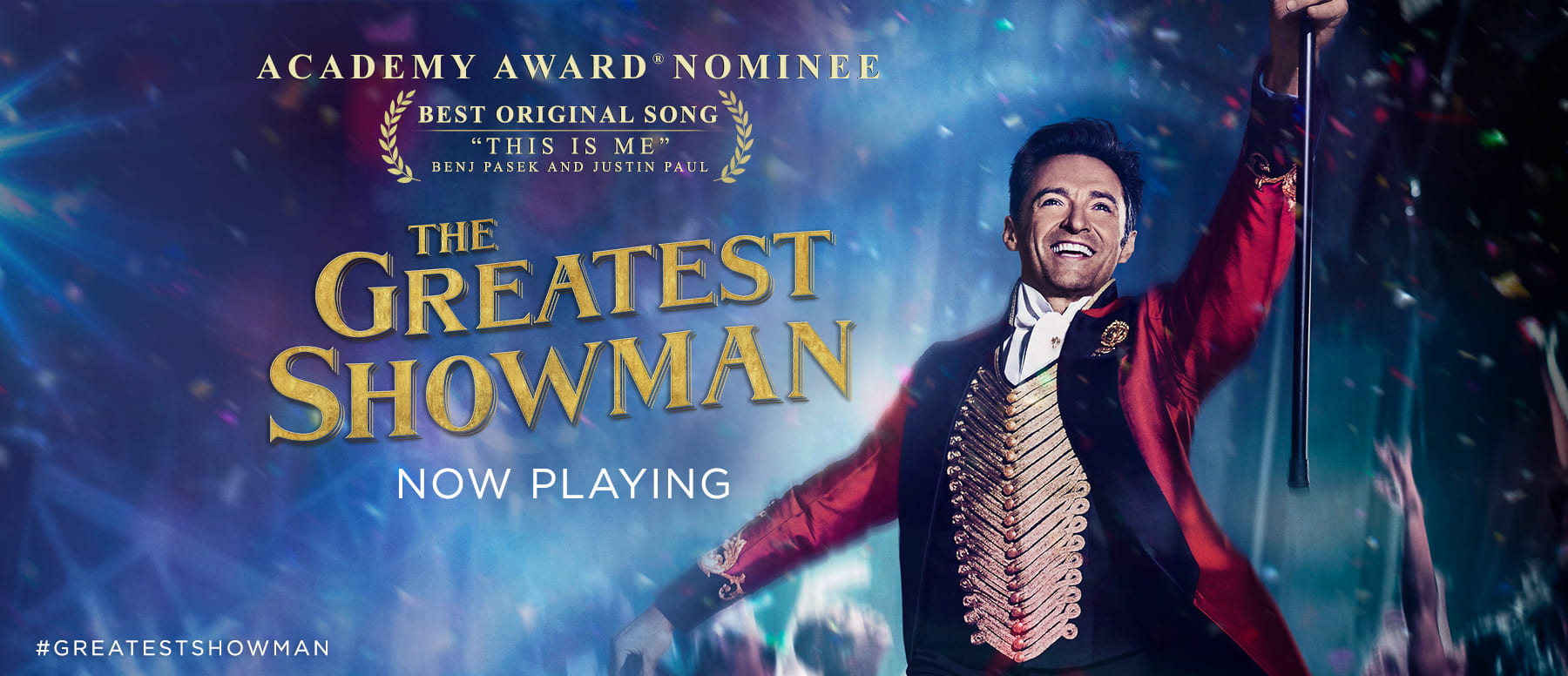Sumayyah Shareef
Contributing Writer
“The Greatest Showman,” with director Michael Gracey making his debut, is the fantastical and romanticized story of P.T. Barnum, the man behind the so-called magic of the Ringling Bros Circus.
Anyone looking for a wholly, accurate portrayal of the life and work of Barnum will be disappointed, with many critics criticizing the autobiographical musical for touting Barnum as an idealistic dreamer with starry eyes instead of the greedy conman he almost certainly was in reality.
But what makes “The Greatest Showman” so wonderful is that it tells not the trustiest story for its audience but the best one.
Right from the beginning, viewers are swept up in the magic and romance of the circus. When P.T. Barnum, portrayed by Hugh Jackman, sings, “Ladies and gentleman, this is the moment you’ve been waiting for,” the audience is transported out of their everyday life and into a world that is pure wish fulfillment.
The songs and choreography are some of the most stunning to ever grace the cinematic screen.
Upon its release two weeks before the film, “The Greatest Showman” soundtrack album rocketed to the top of the charts in America and outside countries and for good reason.
The musical numbers are full of optimism and hope, occasionally toeing the line of saccharine.
Watching Michelle Williams, who starred opposite Jackman as his wife Charity Barnum, almost fling herself off a roof during “A Million Dreams” with a dreamy smile and complete faith that her husband would catch her would make more grounded folk throw up their hands in exasperation.
As it is, the audience is so enthralled that such an act simply pulls them further in.
Indeed, the movie shines when its characters are allowed to express joy, pain, sadness, and love to its maximum. Keala Settle as Letty Lutz, a bearded lady, is an absolute scene-stealer during “This Is Me,” a powerful self-affirming anthem for the downtrodden and rejected that won a Golden Globe Award for Best Original Song.
The emotional depth of Settle’s performance of the number is second only to Zac Efron and Zendaya’s twirling acrobatic duet “Rewrite the Stars.”
There is a level of vulnerability present as star-crossed lovers Phillip Carlyle (Efron) and Ann Wheeler (Zendaya) hold each other up in the air while singing about their doomed romance.
One wrong move and they could come crashing down and it is this tension that keeps the audience on the edge of their seats, holding their breath, until the raw and melancholy end of the scene.
In the end, “The Greatest Showman” hoodwinks the audience. It grips the audience with glittery scenes of fantasy and holds fast to its feel-good themes of chasing every dream, no matter how impossible.
The movie also helps viewers find acceptance within themselves and with others, and that everyone, no matter what kind of “freak” they are will find the place that they belong.
Some of the sequences are almost too sweet to swallow but the whole production is so deeply entertaining from start to finish; viewers may notice but simply not care.
“The Greatest Showman” sells a different look behind the curtain, not one dedicated to dismantling the illusions and lies that are abundant in show business but one that celebrates the strange, outrageous, and downright unbelievable with grace and style. The movie does lose some points from lack of verisimilitude but the smiles on the faces of audiences as they leave theatres, completely bamboozled, are nothing but genuine. Above all else, “The Greatest Showman” grabs your hand and says, “Just go with it,” and you’ll be glad you did.
